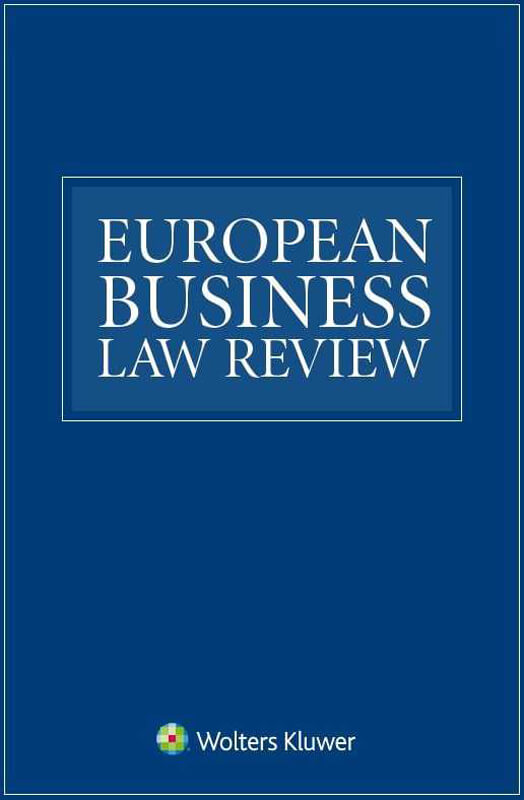Home > All journals > European Business Law Review > 30(6) >

$25.00 - Rental (PDF) *
$49.00 - Article (PDF) *
David Gibbs-Kneller, David Gindis
European Business Law Review
Volume 30, Issue 6 (2019) pp. 909 – 930
https://doi.org/10.54648/eulr2019039
Abstract
Many legal
systems have been converging toward a US shareholder-centric model of corporate
law and governance. This includes de jure rules relating to derivative enforcement. Despite
convergence of the UK system towards the US model, each system continues to
diverge as regards levels of shareholder enforcement. This article suggests
that this divergence can be explained by the way the courts implement the derivative
procedure de
facto. A
comparative assessment of de
facto implementation
in the US and the UK reveals that while courts in both systems are reluctant to
interfere with the business judgment of the board, the US courts are willing to
analyse whether board decisions were substantively reached, contributing to the
levels of enforcement based on the way costs are allocated. Conversely,
ingrained traditions of the UK courts place a high evidentiary burden on the
shareholder, which they are unlikely to meet. Since costs are allocated to the
loser in the UK, the factual implementation continues to serve as a strong
disincentive for private shareholder enforcement and good governance.
Keywords
Derivative claims, enforcement, costs, civil procedure, judiciary, directors, shareholders, company law, corporate governance, convergence
Extract
